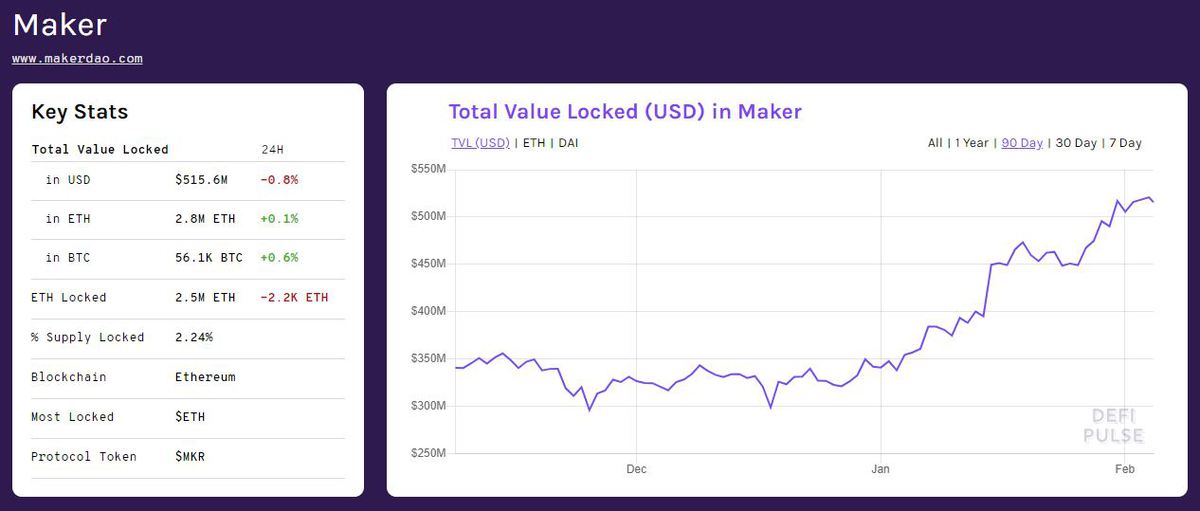Today came the announcement of ETA, the Ethereum Trust Alliance. As is usually the case, the news was posted on Twitter.
Today we are very proud to announce the formation of the Ethereum Trust Alliance (ETA)! Learn more about what we are building at https://t.co/UffkvjSpDz pic.twitter.com/fCvnHFvXNI
— Crypto Trust Certifcates (@trustcertxyz) February 3, 2020
This is what the website says in big letters:
“A global coalition of professional security organizations brought together to increase trust in the Ethereum ecosystem”
The founders of the project are at the top of well-known companies in the Ethereum ecosystem, which already operate in related sectors:
- MythX
- Quantstamp
- Runtime Verification
- Sooho
- SmartDec
- ConsenSys Diligence
Smart contract ratings
The ETA coalition will dictate the rules by which the analysis and testing of contracts will be structured, innovative automated analysis tools will help the management of audits in order to draw up a security classification. This will help companies to improve the security levels of their services or even solve any problems with the code.
The industry is growing exponentially: it is no longer a game. As the stakes increase, security aspects become critical.
Wallet users will have an up-to-date assessment of the security levels of the contracts they entrust their data and money to.
A variety of use cases will be detailed for the different contracts, with an evaluation linked to them.
In a world that aspires to be trustless – independent of the trust of its users – trust is still a value. That is why a Turing Complete machine like Ethereum needs its contracts to be analyzed and tested in the best possible way so that they can be trusted.
A case in point

At present, MakerDao’s smart contract is holding more than half a billion dollars. An interesting figure made secure by the code developed by Maker.
It has been tested by the strictest of the rating agencies: reality. But who took the risk? The code could have brought unwanted or different effects from those specified by the service.
The model for which users take risks and offer their trust by testing the platforms will be abandoned. The ecosystem is maturing and so are market expectations.
The pioneering times of ICOs and home-written contracts to collect donations is over, this project marks a turning point, symbolically the Beta version of the Ethereum ecosystem wants to come out with a safe final release ready for the global market.
Doubts and concerns about the Ethereum Trust Alliance
Great alliances are often united by a desire to optimize practices and create useful standards, but they inevitably centralize power.
The blockchain aims to remove intermediaries in order to eliminate points of centralization in human relationships.
- How should we behave in the face of large coalitions that can tell the masses, armed with the technology they possess, what is safe within a global offer of services?
- How will the prices of audits be determined if large entities such as these are able to attract so much attention and power to them?
Before judging and coming to easy conclusions, we will verify ETA’s proposal which will give the following specifications in the coming months:
- Rating level definitions and requirements
- Security tools and auditor requirements
- A process for the application and issuance of ratings badges
- Specifications for the API and registry.



